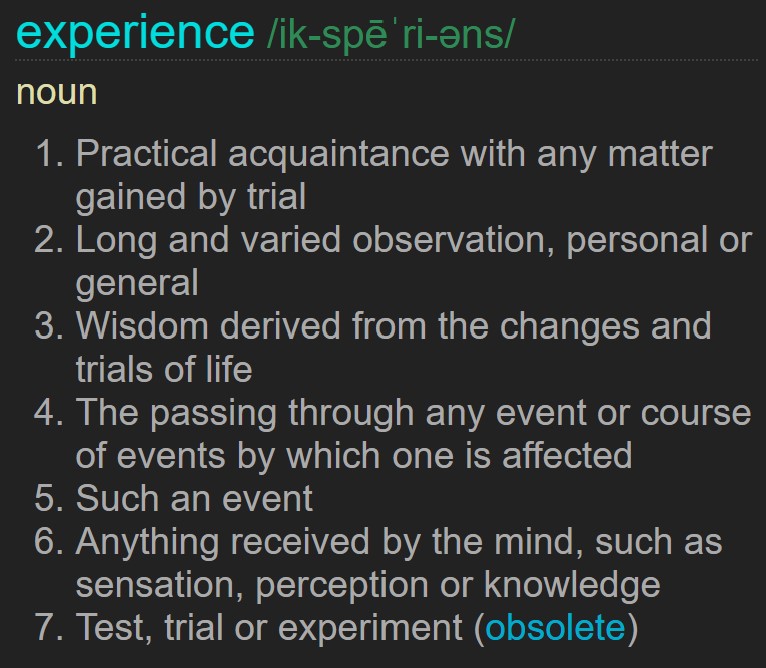Q: My Guru, Nisargadatta, often leads me to believe that when we die, we bring absolutely nothing with us. We will have no form, no color, no memory of our past life. And yet, thousands of people over history have claimed to enter heaven and see relatives, and see their luminous bodies as well as landscapes, etc.
Near death experiences seem to clearly oppose what the Guru teaches, and yet thousands have said how vivid, unforgettable and undeniable these experiences are. According to Nisargadatta, it seems I will only hang in space as Unknowingness and Nothingness for all eternity. I find this quite fear-producing, disturbing and wonder what feed-back you might give.
A: Advaita is a teaching that has various ‘interim’ explanations, which are given to seekers at different ‘levels’. Ideally you would ally yourself with a living, traditional teacher who would take you from the ‘beginner’ level to the ‘advanced’, probably over many years.
The final truth is that there is only Brahman (Consciousness). The world and all of the people – past, present and future – are not real in themselves; they are simply name and form of Brahman. A ‘person’ appears to exist as a separate entity because Consciousness ‘animates’ the inert body-mind. Who-you-really-are is that Consciousness and NOT the body-mind. Now and always, you are that Consciousness. It is an interim teaching that speak about karma and reincarnation.
(Note that Nisargadatta, Ramana and Vivekananda, as well as all the modern ‘satsang’ teachers who travel around giving short talks and Q&A session are not traditional teachers. They often have some good and helpful things to say but unfortunately also frequently cause confusion. You should also note that Nisargadatta uses the word ‘awareness’, when practically all other teachers use ‘Consciousness’. That, alone causes much confusion! Also, you should pay no credence to so-called NDEs. Modern science has far more reasonable explanations for them, such as flood of neurotransmitters as the brain functions fail.)

